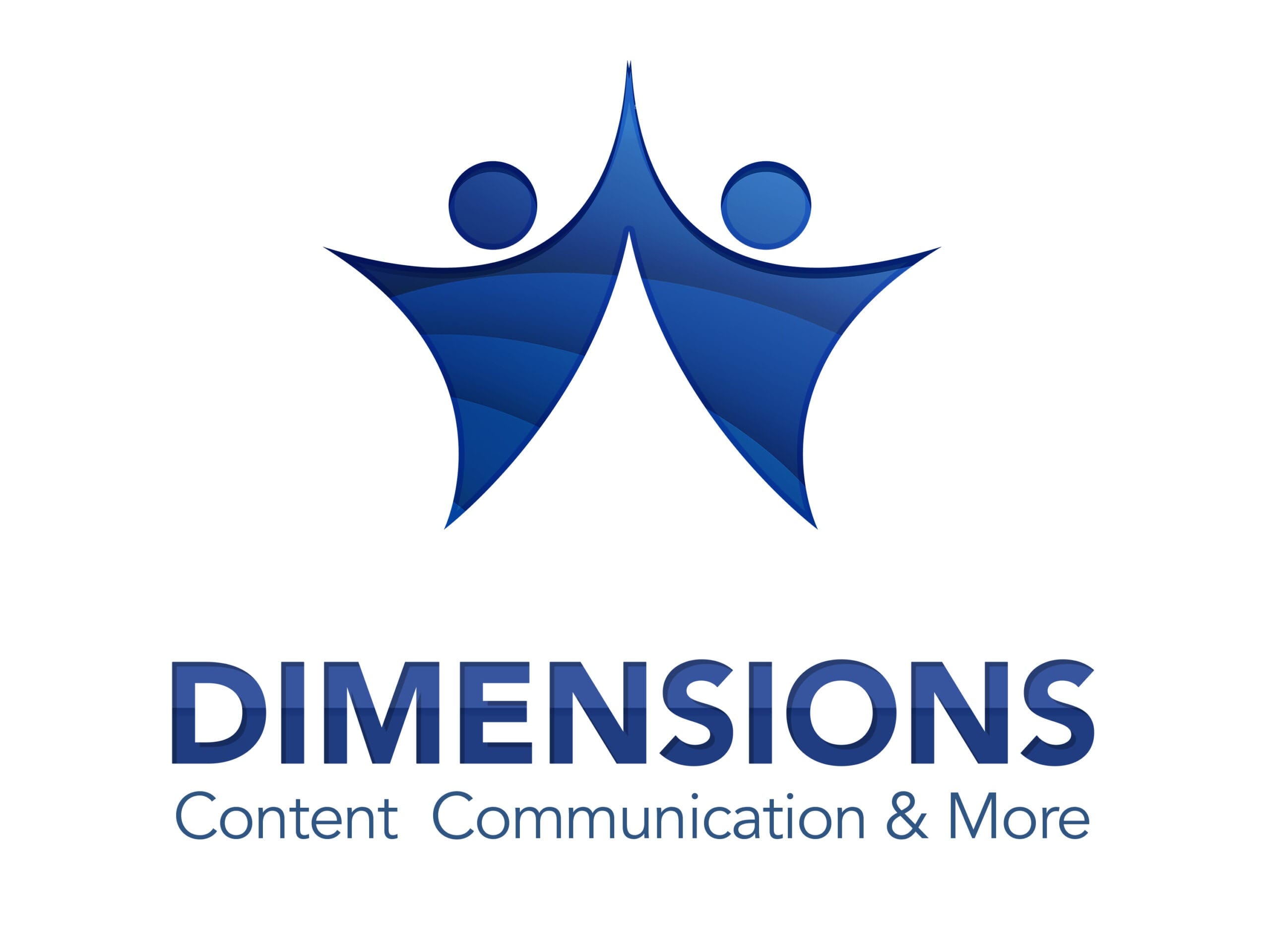Technical Writing Services
Technical Writing: They Aren’t Meant To Be Dry
Overdose of seriousness. That’s what most people incorporate when they write on any technical subject. But the truth is technical writing can have soul too. In fact, technical writing requires much more fluid language than other topics. Why? Because the subject itself might not be too interesting. But the content writing experts make the subject interesting through deft use of language, through storytelling. The idea is to make the topic relatable to the readers.

What Is Technical Writing?
As evident from the name, technical writing involves technicalities or technology. So any writing that pertains to any technical aspect of any work or product can be termed as Technical Writing. Therefore the scope is quite big. When we talk about Technical Writing, we generally think about computers, programming, smartphones and all that. But in reality, technology is all pervasive. For example, if a metallurgy company writes on how a smelting process works – it will fall under Technical Writing.
What Falls Under Technical Writing
Merriam-Webster defines the word ‘technical’ as – “ Having special and usually practical knowledge especially of a mechanical or scientific subject.”
So, what this implies is, technical writing is any writing that involves how a product works, how it is made, what it does, what problem it can solve, how to troubleshoot issues and so on. Technical writing does not just include electrical or electronic things. It can also include virtually any industry that has a technical side to it.
What kinds of writing are termed as technical writing? Here are some of the examples –
Product Description –
This is perhaps the classic example of technical writing. Before buying a product a customer tries to find out what are the things that the product offers. So she reads the product description displayed by the seller.
What do you do before buying a smartphone? You find out how much RAM it has, how many Megapixels its cameras have and so on. All these are written as part of the product description. The duty of a content writing professional is to clearly describe the product’s features, what it can do. Accordingly, the content writer must touch upon the pain points of the customers. And then, he must stress on how the features can help them.
Product Documentation/ User Manual –
There is a fine line between Product Description and Product Documentation. The first one is read by potential customers. And the latter is read by the customers who have bought the product. For that reason, a content writing professional has to incorporate more about the practical aspect of the products. The aim is to explain all the functions with as little jargon as possible.
Whitepaper –
A whitepaper talks about the industry in an in depth manner. The aim is to talk extensively about the pain points that the people have. First, an article writer establishes the pain points. Then, the next step is to talk about the company’s product. He should show how it is going to solve the current problems that the industry is facing. But unlike blog posts, whitepaper is meant for a much more detailed technical analysis of the issue and the products.
Case Studies –
Case study is a nice way of showing how a company’s products actually solved the problem of a client. Case studies make the products more trustworthy. The customers can see that the product or service really works.
While writing case studies, you should remember that they should be free from any errors. For example, if we as a content writing agency publish some factually incorrect information in our case studies, it will be damning to your business. Also, case studies must be detailed yet jargon-free.
Report Writing –
A report is a detailed fact-based showcasing of an event, an industry, a trend etc. Reports are an important tool for the businesses to gauge the trends, government actions, people’s behaviour, buying trends, progress in the industry and so on. A report writer must research thoroughly on all the aspects of the topic. She must not incorporate her opinion while writing the body of the report. However, she can add recommendations, opine about the future trend after she finishes writing the main portion of the report. The report must be constructed well with H1 and H2s along with bullets and numbering.
Proposal Writing –
A proposal is given to businesses from businesses. Suppose a company has suffered from burglary. Now it wishes to strengthen its security systems to prevent such things in the future. In this case, a security systems company would send a proposal to the company . The proposal would consist of the pain points – the reasons why the burglars found it easy to break into the company. The proposal would then include the products from the security company and discuss how these things can make the company safe.
While writing a proposal, a content writing specialist must adhere to a certain format. The proposal must have a cover letter, cover page, executive summary, approximate cost and a conclusion.
Press Releases –
A press release is a report-like information sent to the media houses by any company. The beauty of Press Release is, you can masquerade promotional material behind the report. And that’s where the challenge lies – to promote the product subtly.
There can be many other forms of technical writing. As said, any form of writing involving the mechanics or the practical aspect of the business, product or service falls under the purview of technical writing.
Technical writing requires explaining technical things to normal human beings. So, the content writer must have both technical skills as well as writing skills. Technical writing also demands continuous connection with the writer. This will help the writers get the full picture of the company and the product. Since we are a content writing agency, we will always remain available to you. Accurate information is the Holy Grail of technical writing. And we strive to make our writing filled with information to the brim.

